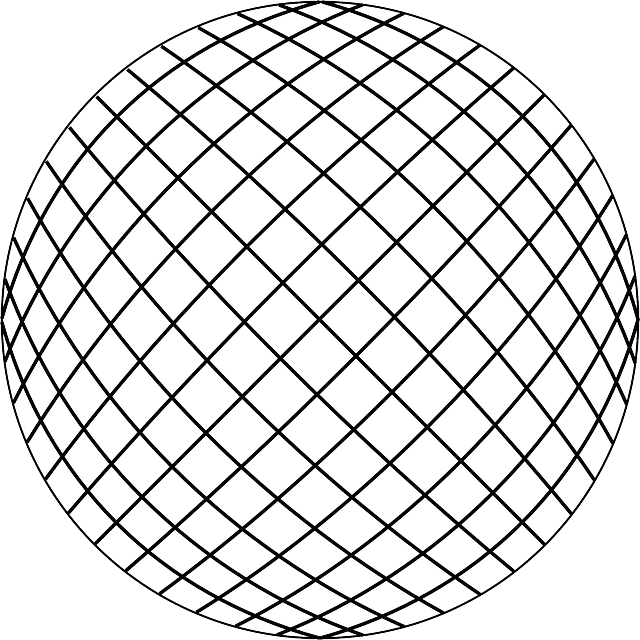Zinc plays a crucial role in promoting wound healing by supporting fibroblast proliferation, collagen synthesis, inflammatory response moderation, immune system enhancement, and providing antimicrobial protection. Its enzymatic cofactor function is vital for skin tissue repair, with deficiencies potentially delaying the healing process and increasing infection risk. The article discusses how Kratom's vitamins and minerals synergize with zinc to accelerate wound recovery by boosting tissue oxygenation, angiogenesis, and collagen production, while maintaining skin integrity. This is due to the presence of magnesium and vitamin C in Kratom, which complement zinc's actions. These combined effects contribute to a more efficient healing process with increased resilience and regenerative capacity for the affected areas, making it a promising approach for wound care. The integration of Kratom alkaloids with zinc therapy has shown potential in augmenting wound healing by modulating immune function, inhibiting bacterial growth, and promoting tissue regeneration, as evidenced by preclinical research. This innovative strategy could offer significant benefits for chronic or hard-to-heal wounds, particularly in addressing pain, inflammation, and nutritional deficiencies associated with wound healing, and is expected to improve clinical outcomes.
Zinc serves as a cornerstone in the body’s natural healing process, particularly in wound repair. Its role is multifaceted, from modulating immune responses to facilitating tissue regeneration. This article delves into how zinc, in conjunction with kratom vitamins and minerals, can enhance wound healing. We explore the scientific intricacies behind zinc’s mechanism of action, its benefits for skin repair, and the potential of combining it with kratom’s alkaloids to achieve optimal outcomes in healing processes. Join us as we uncover the integrative approach to accelerating wound recovery through a synergistic blend of zinc and kratom’s nutritional components.
- Unveiling Zinc's Role in Wound Healing and Its Synergy with Kratom Vitamins and Minerals
- The Science of Zinc in Facilitating Skin Repair: A Deep Dive into Mechanisms and Benefits
- Integrating Kratom's Alkaloids with Zinc for Optimal Wound Healing Outcomes
Unveiling Zinc's Role in Wound Healing and Its Synergy with Kratom Vitamins and Minerals

Zinc, an indispensable trace element, plays a pivotal role in the biological processes of wound healing. Its involvement extends from fibroblast proliferation and collagen synthesis to inflammatory response modulation and immune system support. Zinc’s antimicrobial properties also protect against infection during the vulnerable stages of wound recovery. The element acts as a cofactor for numerous enzymes, which are crucial for the repair of skin tissues. Its deficiency can significantly impede the healing process, leading to delayed wound closure and increased susceptibility to pathogens.
Kratom vitamins and minerals complement zinc’s actions in promoting wound healing through synergistic effects. Kratom, derived from the leaves of Mitragyna speciosa, contains a variety of compounds that can influence cellular health and immune function. When combined with zinc, this herbal remedy may further enhance the wound healing process by improving tissue oxygenation and angiogenesis, thereby facilitating faster recovery times. The vitamins and minerals within kratom, such as magnesium and vitamin C, work in concert with zinc to support collagen production and maintain healthy skin integrity. This multi-faceted approach not only accelerates the healing of wounds but also enhances the overall resilience and regenerative capacity of affected areas.
The Science of Zinc in Facilitating Skin Repair: A Deep Dive into Mechanisms and Benefits

Zinc plays a pivotal role in the physiological process of wound healing, making it a critical component in skincare and therapies. This essential trace mineral is instrumental in various cellular processes that facilitate skin repair. It supports the proliferation and differentiation of fibroblasts, which are key cells responsible for producing collagen, a vital protein for wound contraction and tissue remodeling. Zinc also helps regulate inflammation by modulating cytokine activity, ensuring an optimal healing environment without excessive scarring. Its antioxidant properties further protect the skin from oxidative stress that can impede healing.
The benefits of zinc in wound healing are multifaceted and extend to its role as a cofactor for many enzymes involved in cellular growth, protein synthesis, and immune function. Topical application of zinc can promote an anti-microbial barrier, which is particularly beneficial in preventing infection in wounds. Moreover, zinc’s role in gene expression and wound signaling pathways ensures that the healing process proceeds with efficiency and precision. Supplementation with zinc, which can be found in kratom and other vitamins and minerals, may enhance wound healing when levels are suboptimal, making it a valuable addition to both dietary intake and therapeutic interventions for those suffering from wounds that fail to heal promptly.
Integrating Kratom's Alkaloids with Zinc for Optimal Wound Healing Outcomes

Incorporating Kratom’s alkaloids with zinc therapy presents a novel approach to enhancing wound healing outcomes. Kratom, a plant from Southeast Asia, contains a variety of alkaloids such as mitragynine and 7-hydroxymitragynine, which have been studied for their potential medicinal properties, including immune system modulation and anti-inflammatory effects. These compounds may work synergistically with zinc, an essential trace mineral vital for immune function, protein synthesis, and cell division, to create a conducive environment for wound repair. Zinc plays a critical role in collagen production and maintaining skin integrity, which are both crucial for effective wound closure. The integration of Kratom’s alkaloids with zinc supplementation could potentially accelerate the healing process by enhancing immune response, reducing bacterial proliferation, and promoting tissue regeneration. Preclinical studies have shown that the topical application of zinc in conjunction with Kratom extracts may lead to optimal wound healing outcomes due to their combined anti-microbial and pro-healing properties, suggesting a promising avenue for future research and therapeutic development.
Furthermore, the synergy between Kratom’s alkaloids and zinc could be particularly beneficial in chronic or hard-to-heal wounds. The anti-inflammatory and immunomodulatory effects of Kratom may help manage pain and inflammation associated with wound healing, while zinc supplementation addresses nutritional deficiencies often observed in patients with persistent wounds. This combined approach could lead to a more robust and efficient healing process, potentially reducing the risk of complications such as infection and scar formation. As research progresses, understanding the mechanisms behind this integrated therapy will be essential to optimize its application in clinical settings, ensuring better wound care outcomes for patients suffering from various types of wounds.
Zinc plays a pivotal role in wound healing, supported by its synergy with the vitamins and minerals found in kratom. This article has explored the science behind zinc’s facilitation of skin repair, elucidating its mechanisms and benefits to promote effective wound management. Integrating kratom’s alkaloids with zinc offers a promising approach for optimizing healing outcomes. Incorporating these natural elements into wound care regimens may represent a novel advancement in the field, warranging further investigation for potential therapeutic applications.






